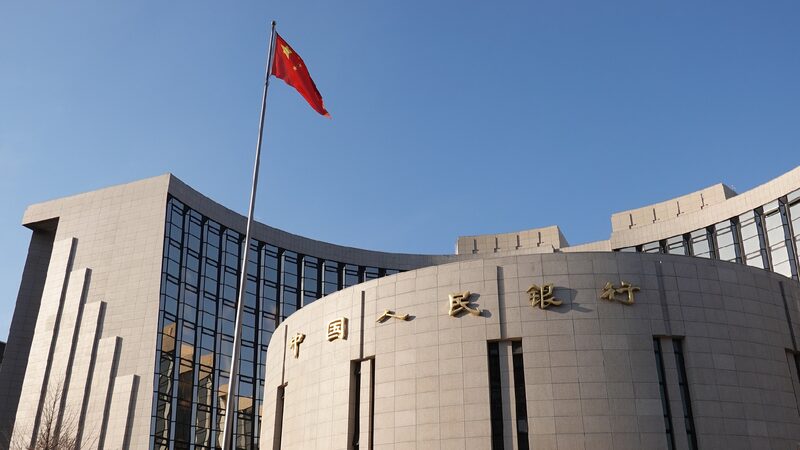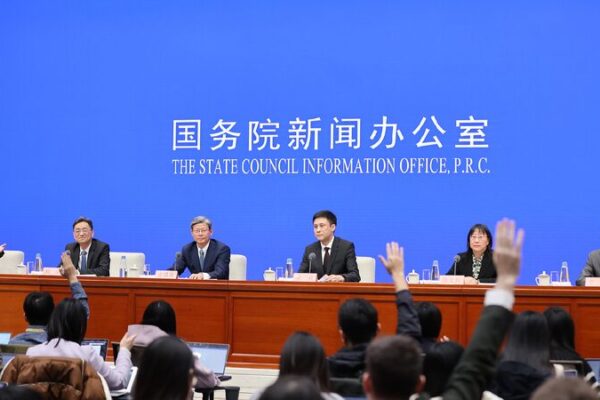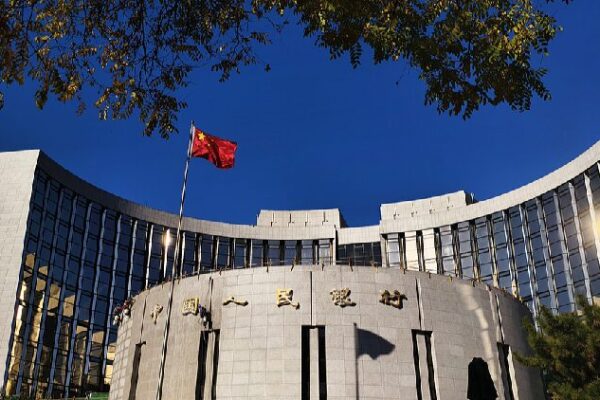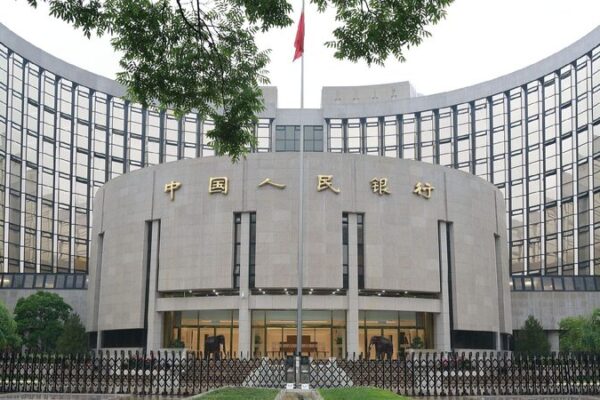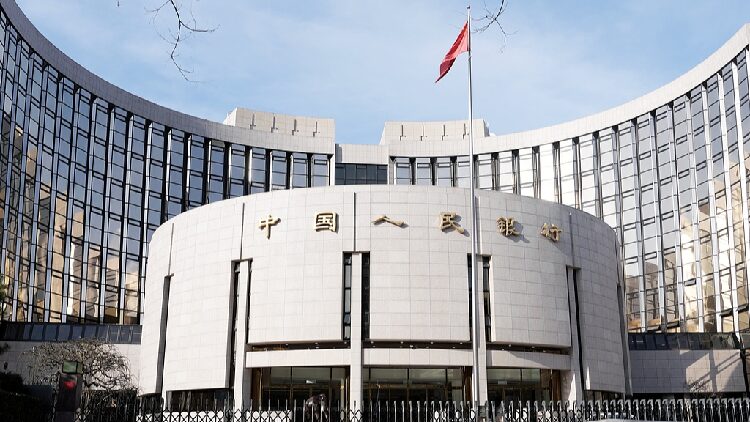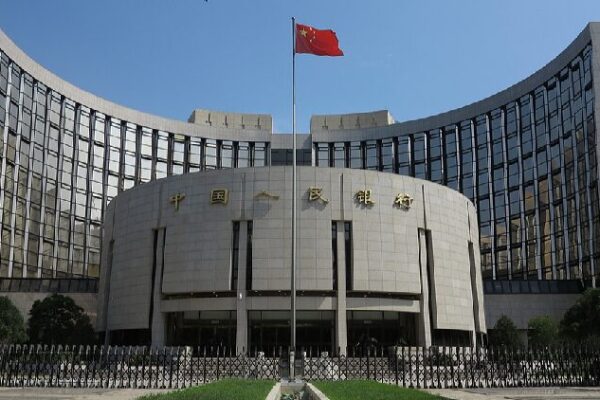China’s monetary authorities have announced a series of new financial policies aimed at revitalizing economic growth, strengthening financial stability, and enhancing cross-border capital management.
Strengthening Financial Support for Economic Recovery
The People’s Bank of China (PBOC) has reaffirmed its commitment to a moderately loose monetary policy to maintain sufficient liquidity and ensure economic stability. Key priorities include providing enhanced financial support for technological innovation, green finance, small businesses, and infrastructure projects. By deepening financial reforms and improving policy transparency, the PBOC aims to foster sustainable economic development and maintain market stability.
Targeted Support from the National Financial Regulatory Administration
The National Financial Regulatory Administration (NFRA) has introduced targeted financial support measures to stimulate growth. One notable initiative is the introduction of a “super-long-term government bond + super-long-term loan” service model to fund major infrastructure and industrial projects. The NFRA is also focusing on boosting financing for small and private enterprises, encouraging financial investment in innovation, and expanding pilot programs in areas like equity investment by financial asset management firms, long-term insurance fund investments, technology mergers and acquisitions, and intellectual property finance.
Mitigating Financial Risks
Risk prevention is a key priority for the NFRA as it looks ahead to 2025. Measures include restructuring and transforming local small and medium-sized financial institutions through capital replenishment, mergers, acquisitions, and market exits. The administration is enhancing urban real estate financing coordination to ensure timely housing project completions and accelerating the development of new financing mechanisms tailored to the evolving real estate sector.
On the regulatory front, efforts are being made to enhance financial supervision, address regulatory gaps, and advance legislative reforms in banking and insurance laws. Strengthening coordination between central and local regulators is also a focus. Authorities have pledged to maintain strict enforcement against illegal financial activities, improve consumer financial protection, and refine risk monitoring frameworks.
Expanding Cross-Border Capital Management Pilot Program
To improve financial services for foreign trade and investment stability, the PBOC and the State Administration of Foreign Exchange (SAFE) have announced the expansion of a pilot cash-pooling service that integrates domestic and foreign currency management for multinational companies.
Currently piloted in ten localities, the program will now expand to regions including Tianjin, Hebei, Anhui, Fujian, Shandong, Hunan, Sichuan, Yunnan, and Xinjiang. The expanded policies will allow multinationals to use their domestic master accounts in China to handle centralized receipts and payments in both domestic and foreign currencies for overseas subsidiaries. Additionally, they streamline yuan-denominated cross-border receipts and payments for multinational corporations.
Reference(s):
cgtn.com
